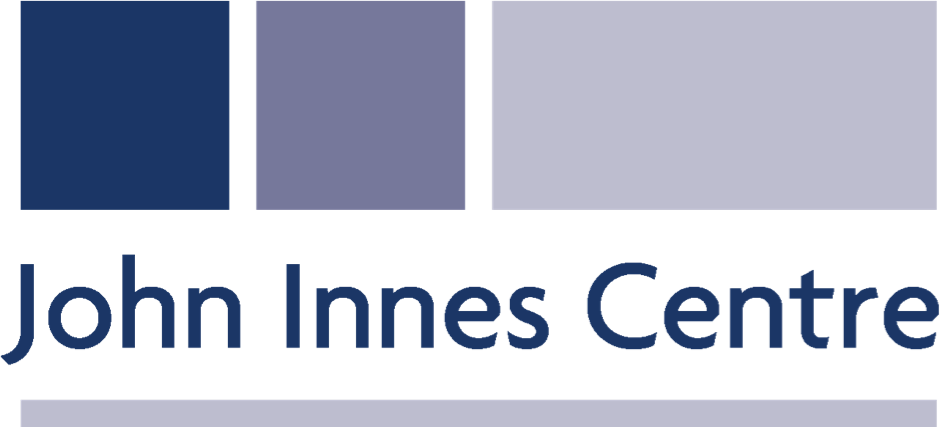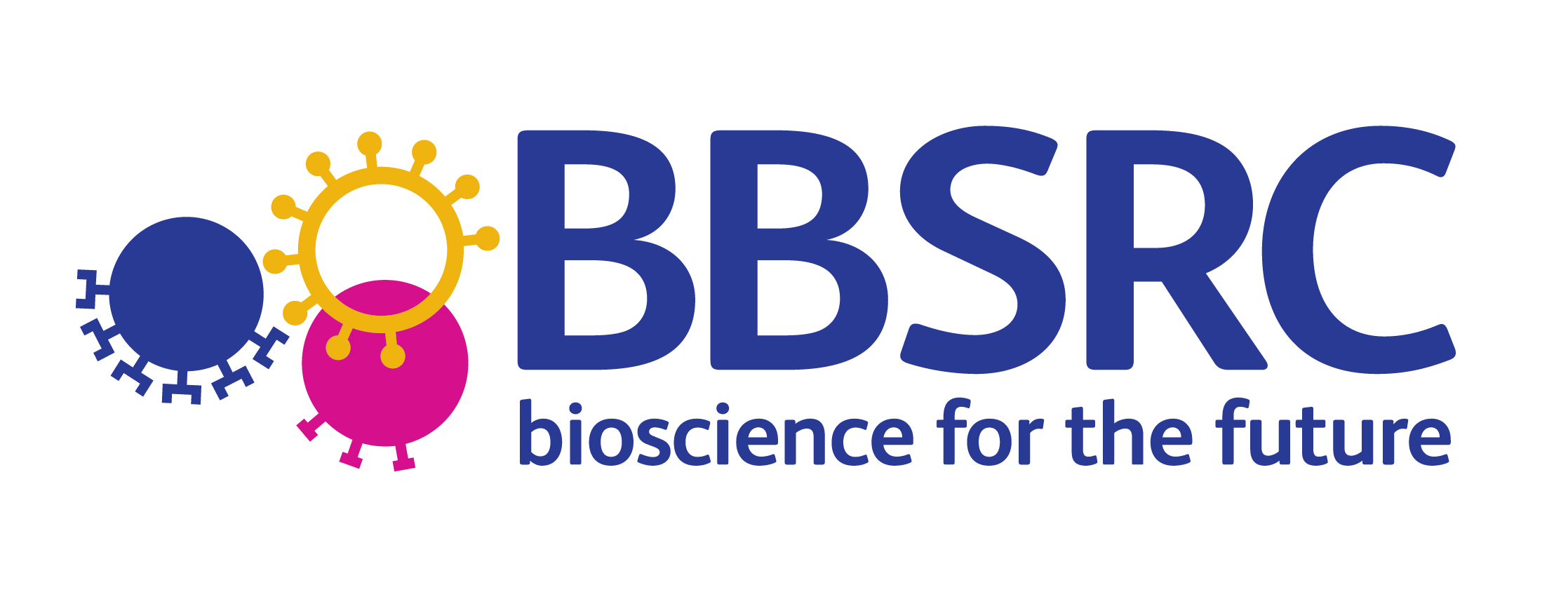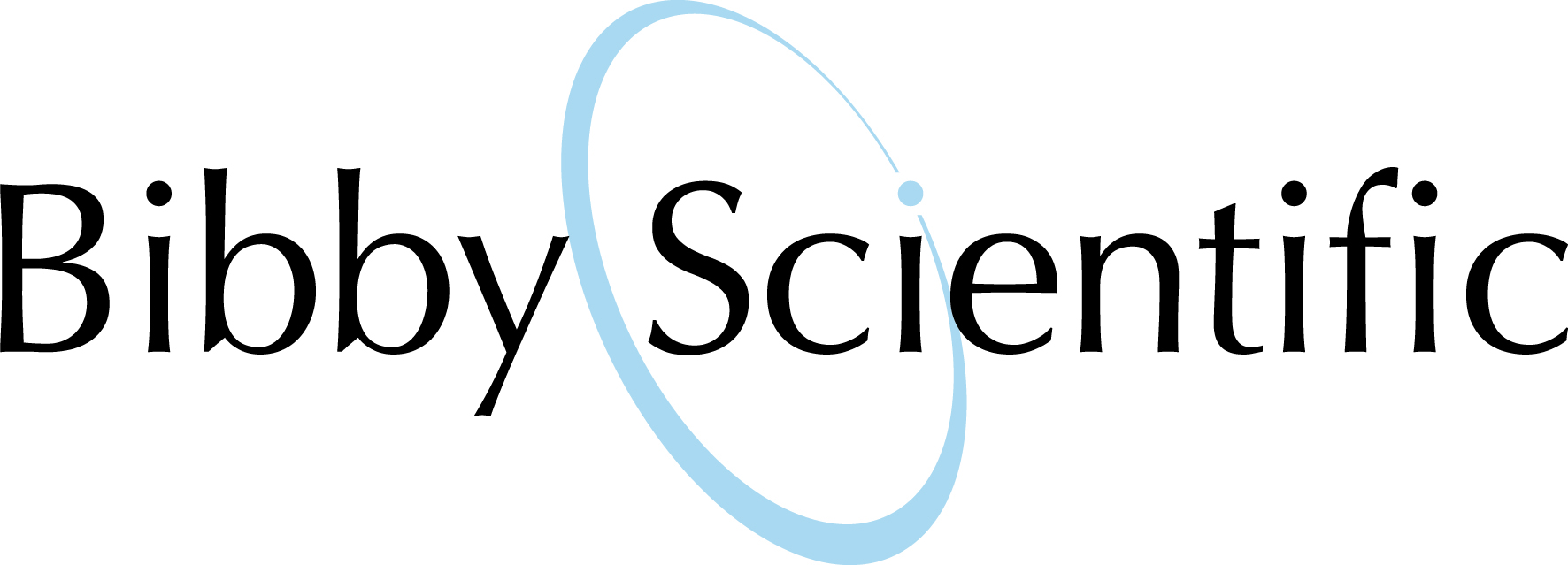Difference between revisions of "Team:Cambridge-JIC/Make Your Own"
KaterinaMN (Talk | contribs) |
KaterinaMN (Talk | contribs) |
||
| Line 22: | Line 22: | ||
<script src="//2015.igem.org/Team:Cambridge-JIC/Make_Your_Own_js?action=raw&ctype=text/javascript"></script> | <script src="//2015.igem.org/Team:Cambridge-JIC/Make_Your_Own_js?action=raw&ctype=text/javascript"></script> | ||
| − | + | <section style="background:white"> | |
<div class="slide"> | <div class="slide"> | ||
| − | <div style="width: 80%; margin: | + | <div style="width: 80%; margin:10px;color:black;min-height:0px"> |
<div id="cam-quiz" style="width: 80%; margin: 10px 50px; padding-bottom: 50px;"> | <div id="cam-quiz" style="width: 80%; margin: 10px 50px; padding-bottom: 50px;"> | ||
Revision as of 19:17, 18 September 2015










